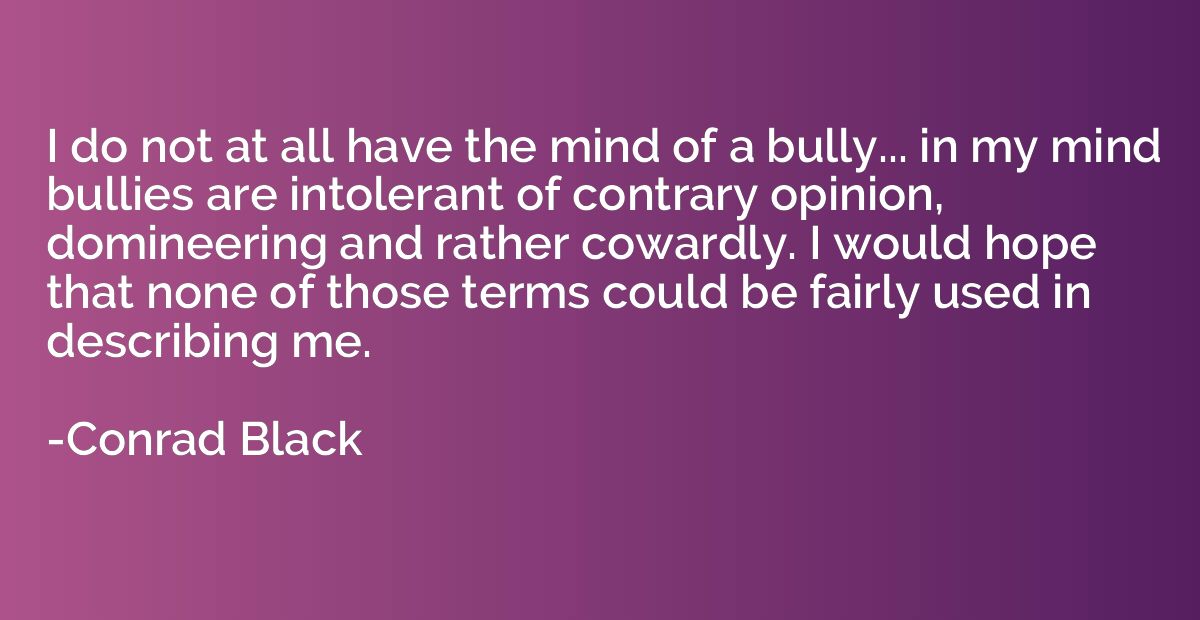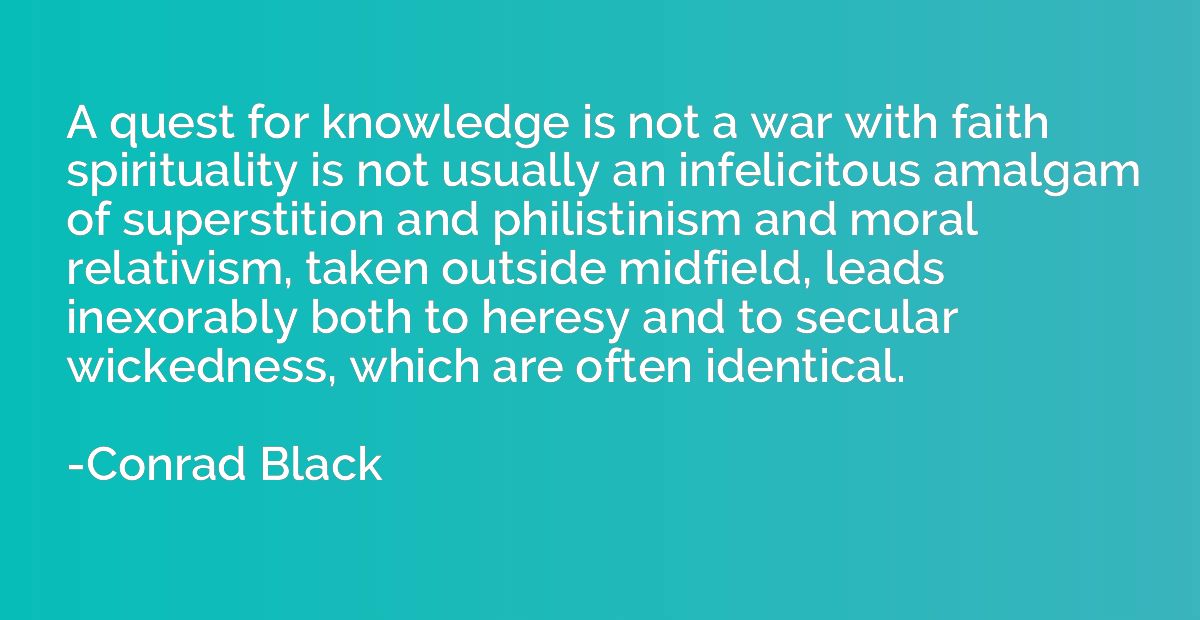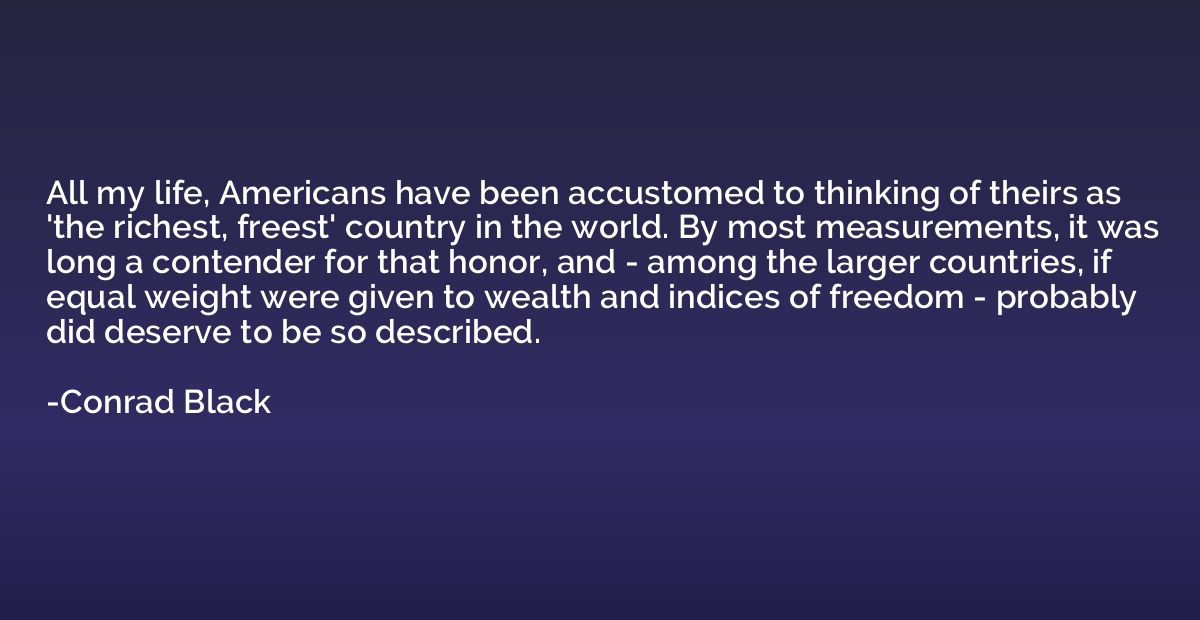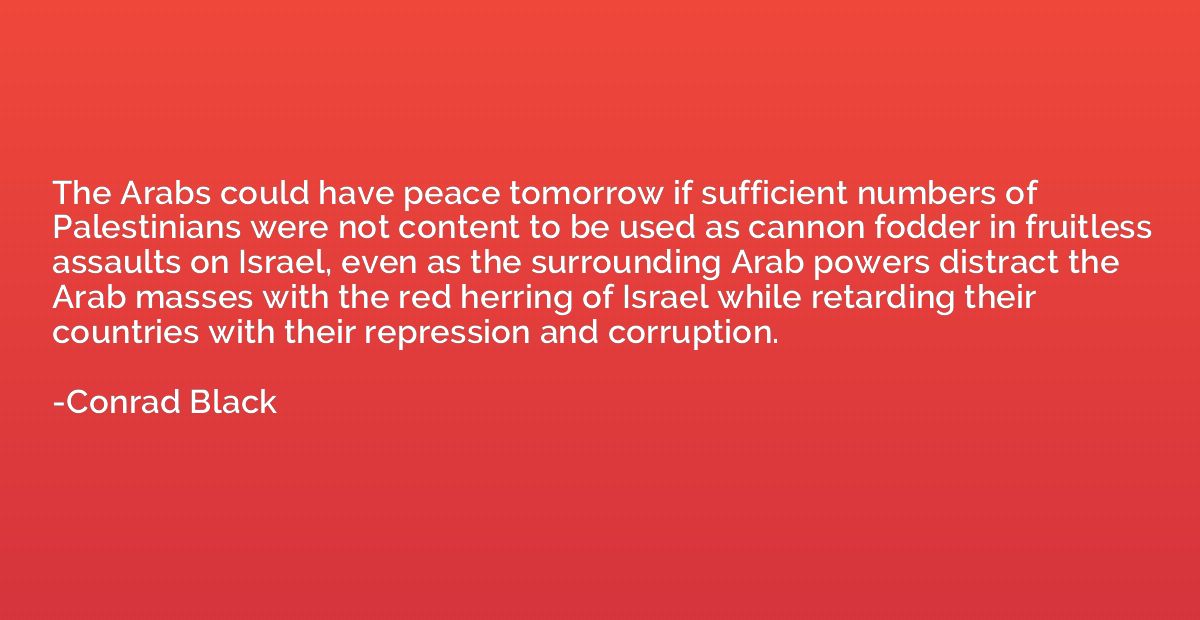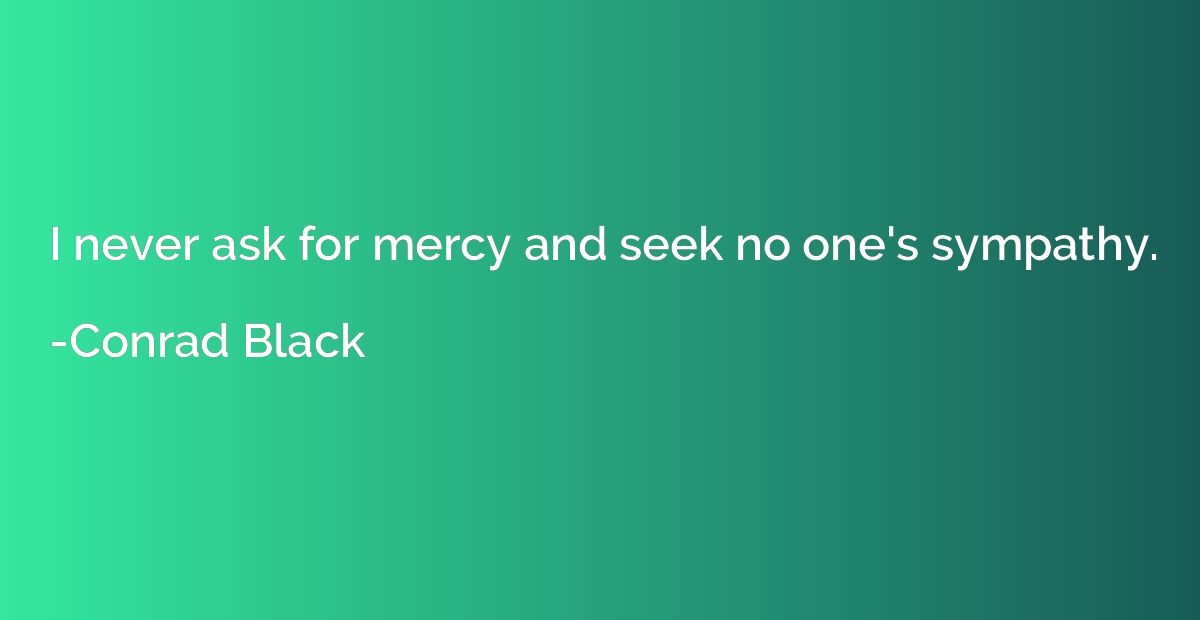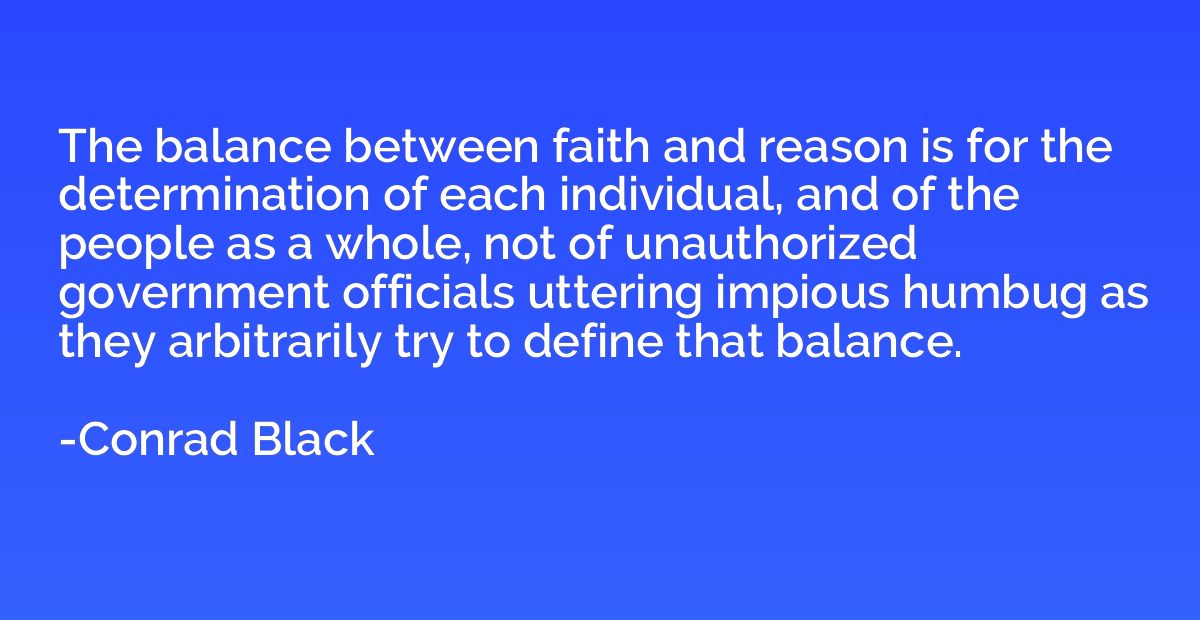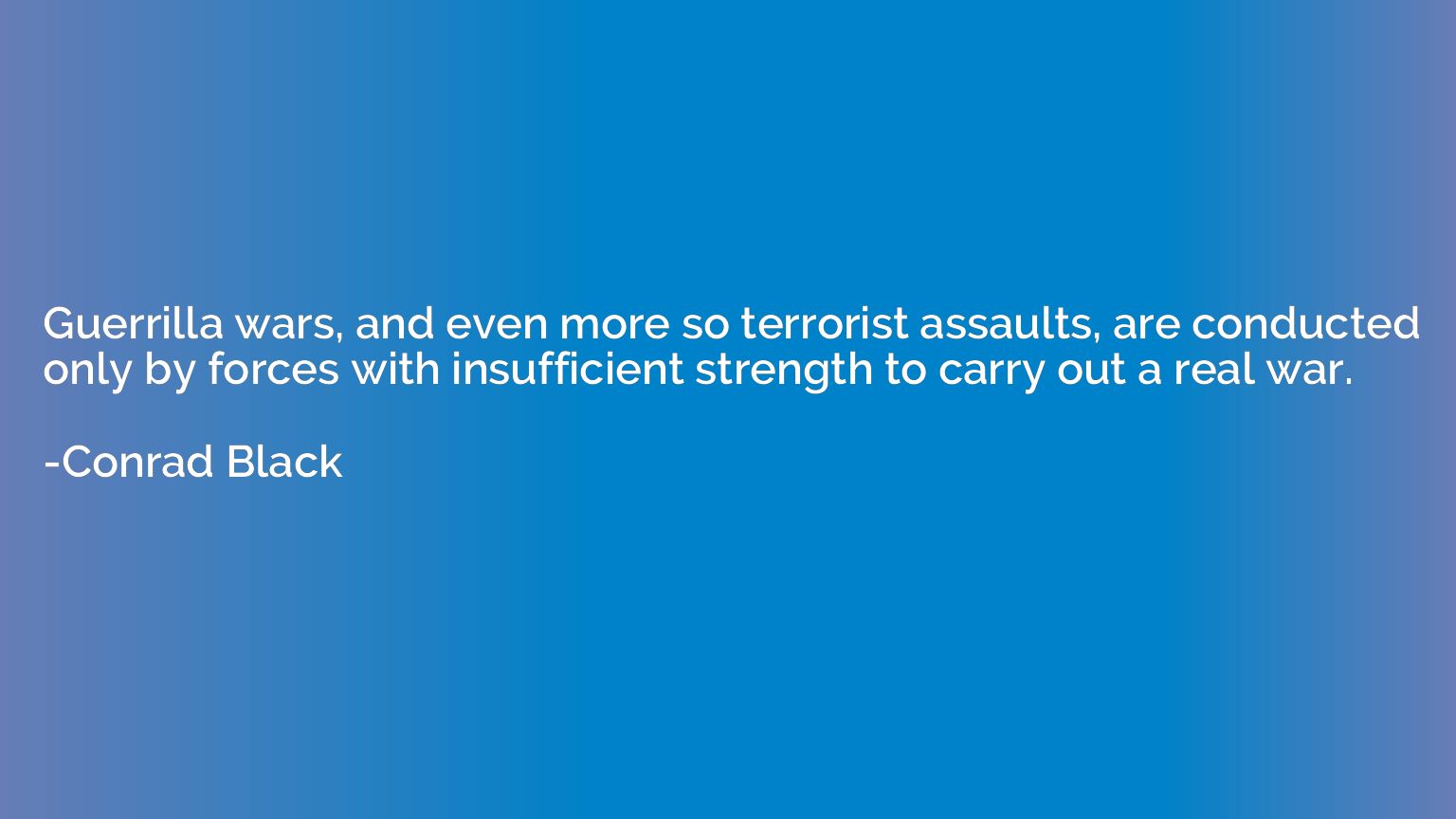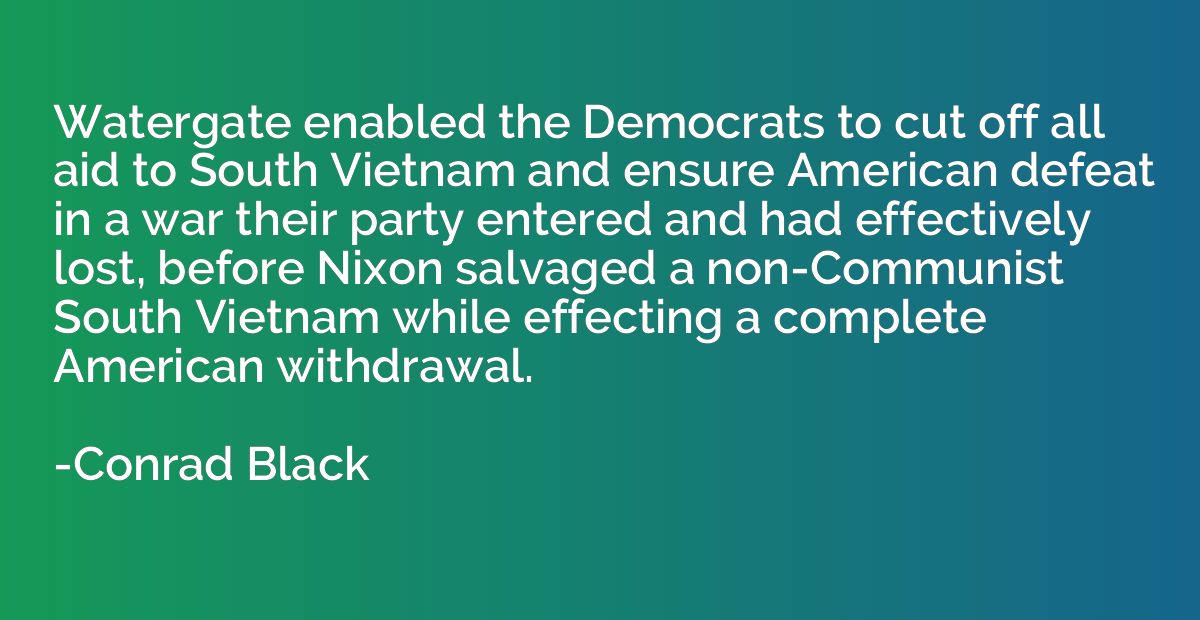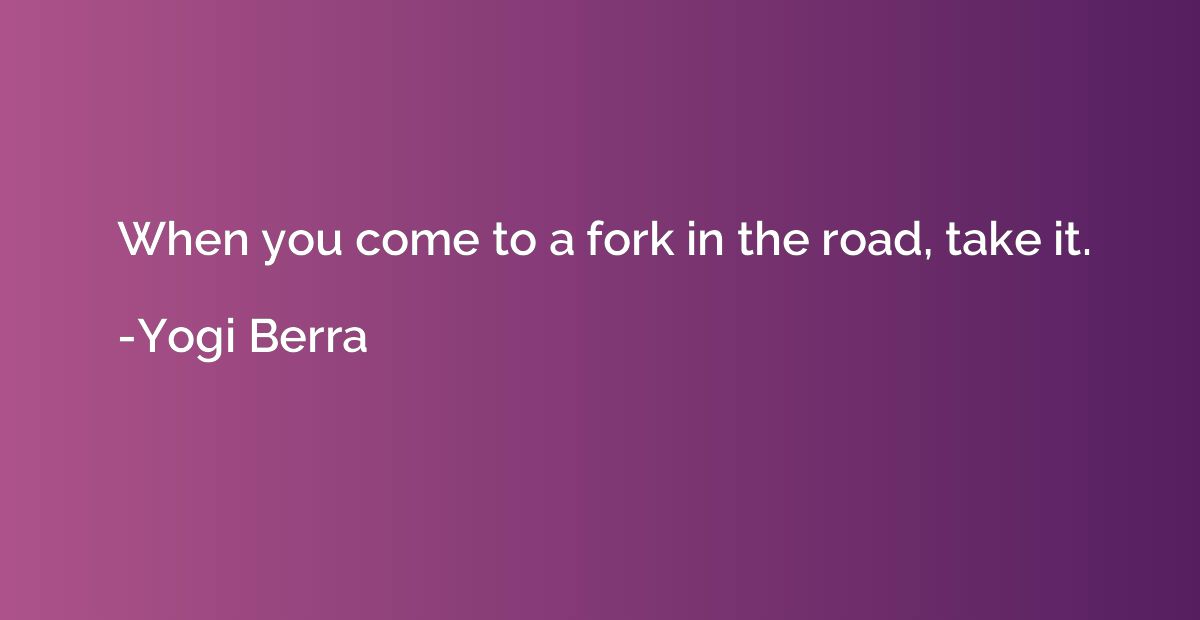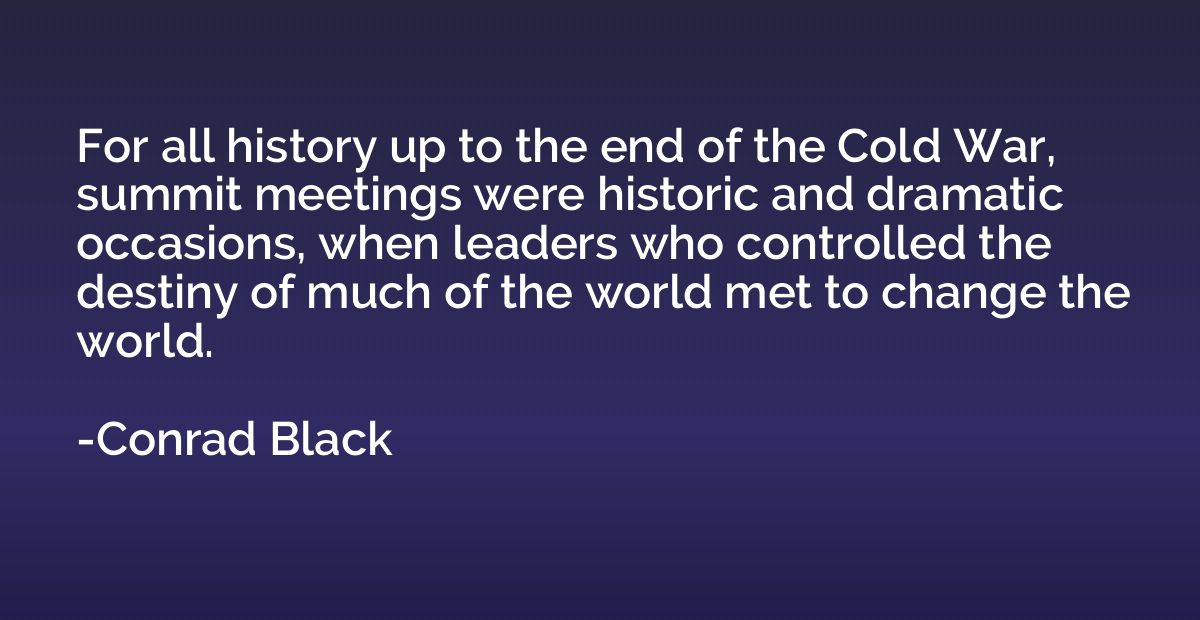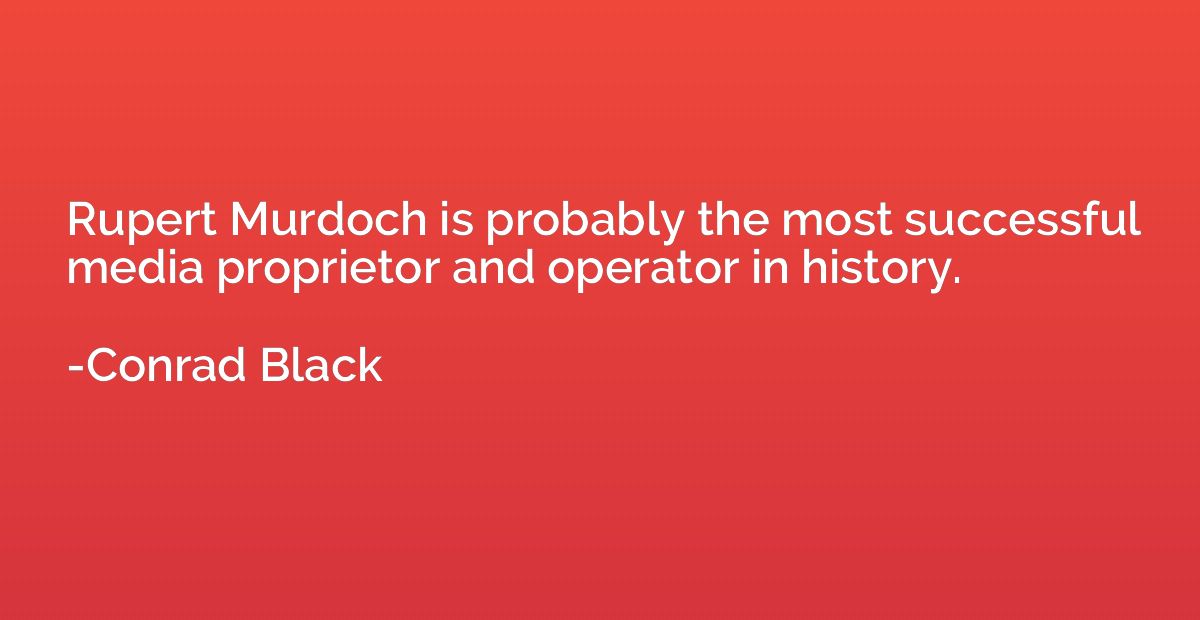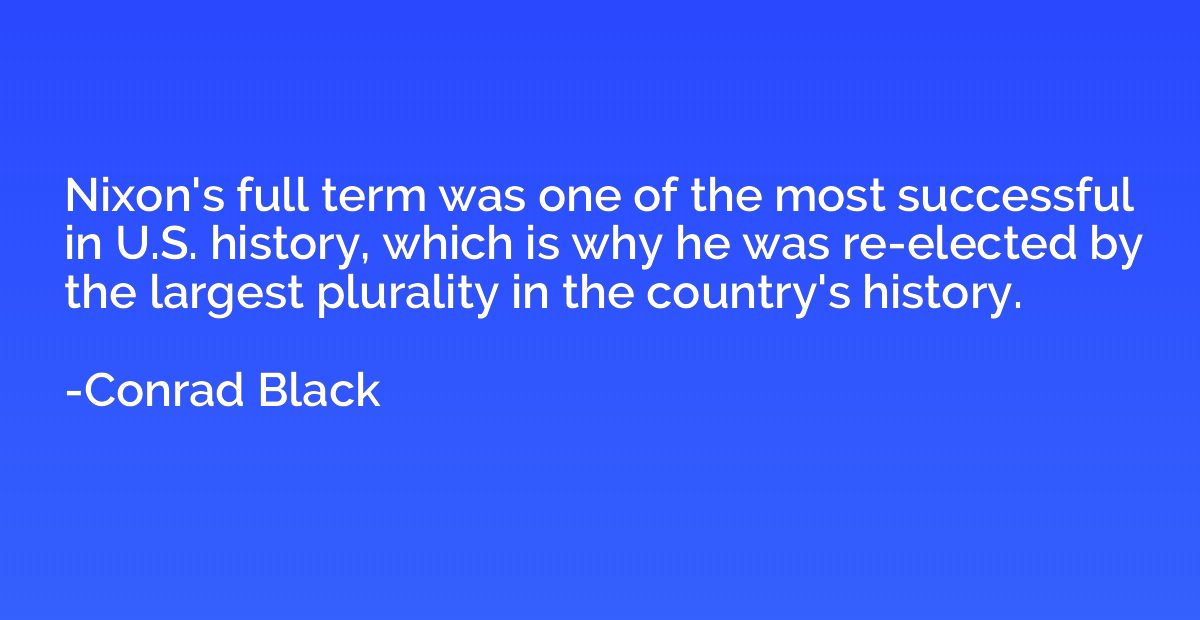Conrad Black Quotes
A collection of quotes by Conrad Black.
Conrad Moffat Black, born on August 25, 1944, is a Canadian-born British former newspaper publisher, author, and historian. He was the founder of Canada's National Post and served as its publisher from 1998 to 2001. Black also held the position of chief executive officer of Hollinger International, which owned numerous newspapers including The Daily Telegraph in the United Kingdom, the Chicago Sun-Times in the United States, and The Jerusalem Post in Israel.
Black's career in media and publishing was marked by both success and controversy. He often attracted attention for his combative style and was known for his outspoken conservative views. In 2004, he faced legal troubles when he was indicted in the United States on charges related to alleged fraud and obstruction of justice during his tenure at Hollinger International. Following a lengthy legal battle, Black was sentenced to serve time in prison. However, some of the convictions were later overturned on appeal, resulting in a reduced sentence.
Throughout his life, Conrad Black has been a prolific writer, publishing several books on history and politics. Notable titles include biographies of notable figures like Franklin D. Roosevelt and Richard Nixon, as well as reflections on his own experiences in the media industry. Despite his legal setbacks, Black has remained active in the public sphere, sharing his perspectives through various media appearances.
